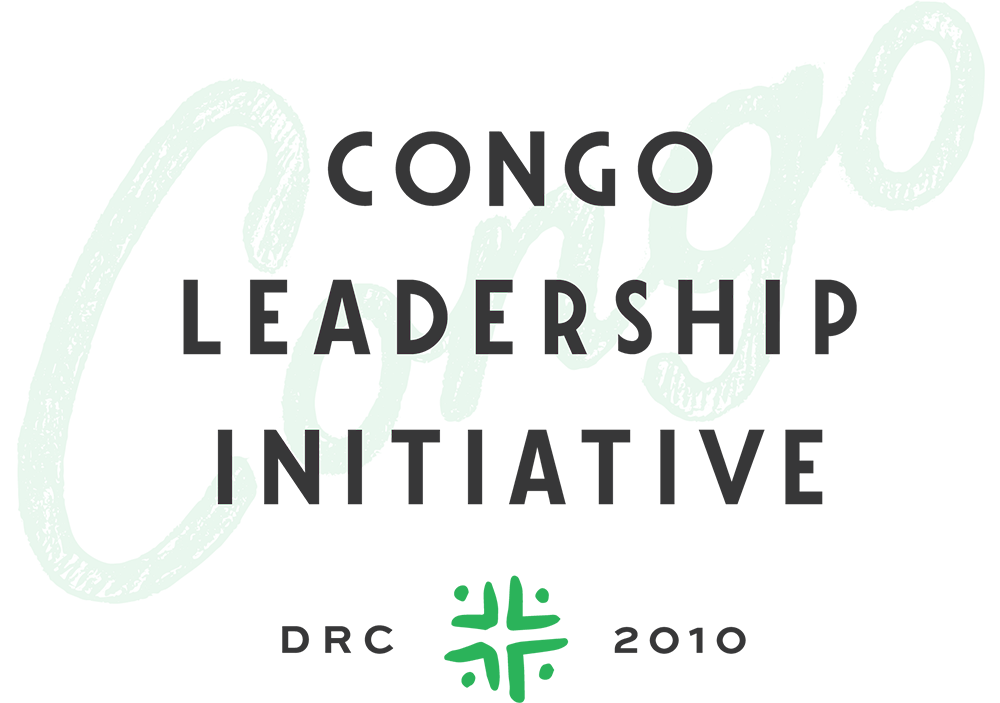Narratives can change the face of a nation
written by: Olivia Harden
The first thing I did when I was accepting this internship was Google “DRC history for dummies.” A John Green Crash Course video popped up, a familiar face from when I took history classes in high school, and in thirteen minutes, I had somewhat of a background for this internship.
There’s a history of violence, human rights issues and most of it all, and it seems a lack of resources even though it’s a country that is made up predominantly of young people while having many natural resources. It’s no wonder that the Western narratives you hear about the Congo have a negative slant. I didn’t even know the Congo was made up of two countries. I wasn’t aware that the Democratic Republic of the Congo is a vast country — it’s actually three times bigger than the size of Texas.
There’s an unusual challenge to find positive narratives about the Democratic Republic of the Congo in some of the most reputable news sources where I often use to get my news. Maybe that should partially be contributed to the Ebola crisis. However, even John Green pointed out — we do an inferior job of teaching African history in our world history class. There are conflicting narratives when outsiders frame history.
If you read a Congolese paper, you’ll find stories about the DRC competing in the African Cup of Nations. Jenny Dakosta Van Mputu featured in Aljazeera as a human rights activist who has been documenting some of the human rights abuses, along with over sixty other activists. Mputu’s story reminds us that there is work to be done that young leaders are determined to do. Life goes on, and people continue to celebrate it.
The Congo Leadership Initiative works to train young leaders to live up to their highest potential. Some leaders have gone to college around the world. Hundreds have started businesses. Self-sufficiency is, perhaps, the most important goal to work towards. The Democratic Republic of the Congo is more than its problems, and at CLI, there’s support provided to leaders so they can work towards finding their own solutions.

